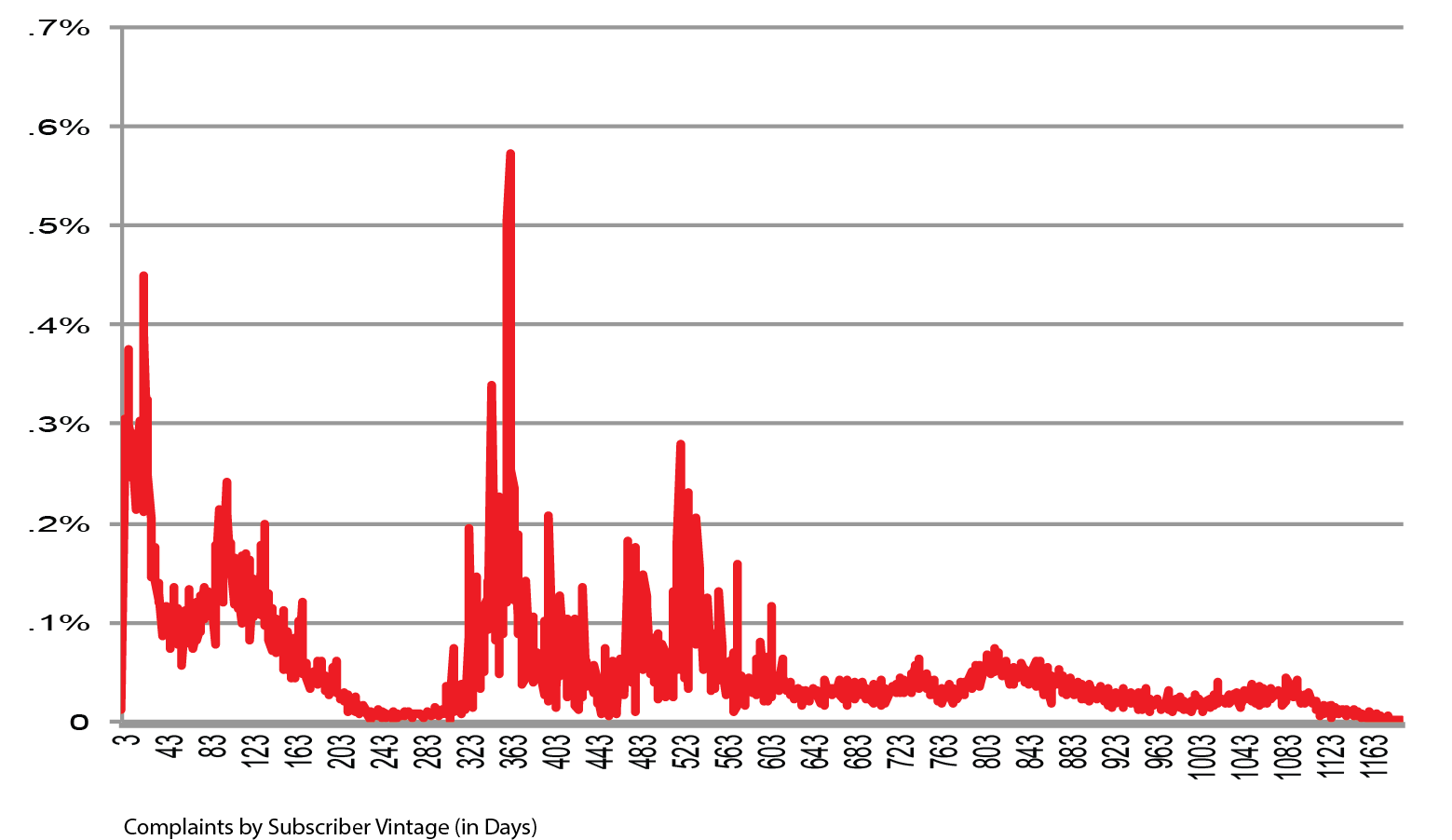Analyzing Subscriber Complaints For Better Inbox Placement & Response
It’s summertime, which means marketers are starting to think about and plan for Christmas email campaigns. As most marketers realize, subscriber reach — specifically inbox placement — can truly make or break an email campaign. To avoid the spam folder this holiday season and beyond, marketers should analyze subscriber complaints. A subscriber complaint is marked […]
It’s summertime, which means marketers are starting to think about and plan for Christmas email campaigns. As most marketers realize, subscriber reach — specifically inbox placement — can truly make or break an email campaign. To avoid the spam folder this holiday season and beyond, marketers should analyze subscriber complaints.
A subscriber complaint is marked every time someone receives an email and the subscriber marks it as spam or junk. This information is fed back to the mailbox providers (the Yahoo!s, Gmails, and Hotmails of the world) and informs the spam filters if and where they should deliver the email. If complaints exceed .1% of total mail sent, it’s likely your campaigns will be blocked or sent to spam.
Subscriber Complaints Feedback
Thankfully, most mailbox providers today offer what’s called a feedback loop, or FBL. It’s a free service that marketers can sign up for and receive a copy of not only the email that was complained about, but also the email address of the subscriber that marked your email as spam.
Most marketers use this as a method to unsubscribe people. After all, chances are these people no longer want to receive your emails if they are marking them as spam.
This complaint data, along with other data points, can be used for more than just an unsubscribe mechanism. Marketers can analyze specific points of their email program that aren’t working or need to be changed, like:
- Subscription source – where you are acquiring your subscribers (point of sale, website, etc.)
- Subscriber vintage – how long the subscriber has been on your file
- Demographics – exactly who is complaining
- Campaign type
- Frequency
Let’s look at some scenarios in which marketers can combine complaint data with other data points for further insights.
Complaints Based On Subscriber Source
Most marketers acquire subscribers from more than one source. Therefore, it’s important to measure the subscriber sentiment based on the source to see if one or more sources are causing a disproportionate amount of complaints (which can cause all of your email campaigns to be sent to spam).
While working with one email marketer, we analyzed the complaints being received by each acquisition source, the results of which can be seen in the graph below.

You can easily see the culprit here — two co-registration sources were causing most of their complaints. We looked for insights into why those sources were particularly high — was the process different?
In this case, no; but the marketer was able to decide that the audience wasn’t a right fit when comparing conversions as well. These particular sources were dropped, and inbox placement rates jumped from an average of 52% to 83%.
Complaints Based On Subscriber Vintage
For another marketer who had an above average number of complaints, analyzing complaints by vintage told us a two things:
- Something in the sign-up process was broken
- Subscribers became irritated after receiving a year of emails

To give a little context, subscribers to this email list received at least one email a day, if not more — and, there was no correlation between frequency and complaints.
Since complaints spiked at the start of the subscription; we looked more closely at the sign-up process. We tested the permission levels — in this case, moving from a pre-checked form to requiring consent — and saw complaints decrease to less than .1%.
The rise of complaints after a year looked like subscriber burnout. In this case, we also looked at complaints relative to engagement. Sure enough, most of the complaints were coming from once-active subscribers who began to decrease engagement after 270 days.
After implementing a win-back and reactivation strategy, complaints decreased to less than .1% and inbox placement rates increased to 91%.
I’m always curious on ways other marketers use complaint data. Let me know your stories!
Contributing authors are invited to create content for MarTech and are chosen for their expertise and contribution to the martech community. Our contributors work under the oversight of the editorial staff and contributions are checked for quality and relevance to our readers. MarTech is owned by Semrush. Contributor was not asked to make any direct or indirect mentions of Semrush. The opinions they express are their own.
Related stories